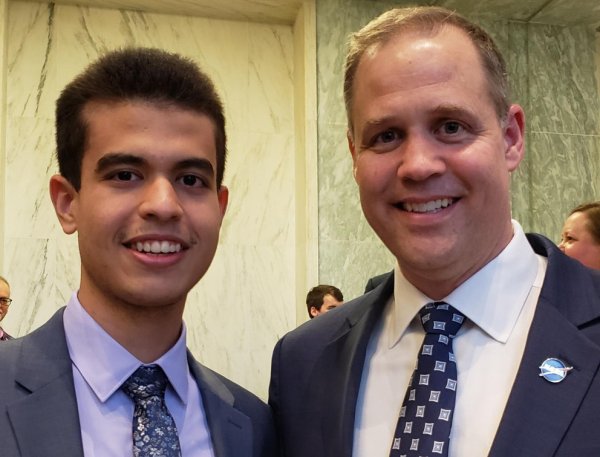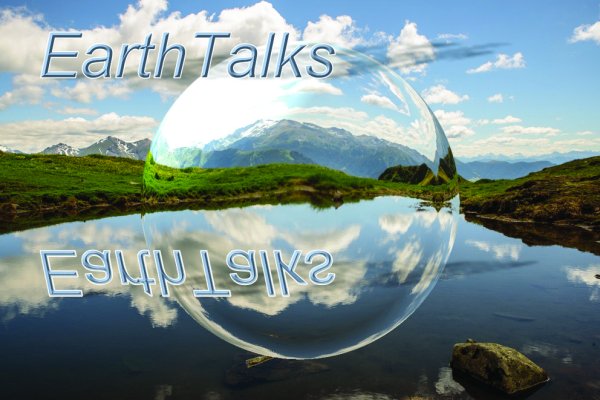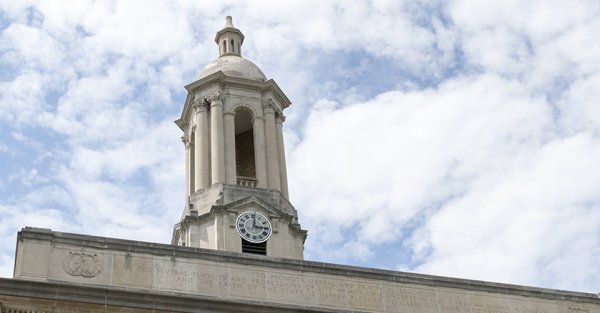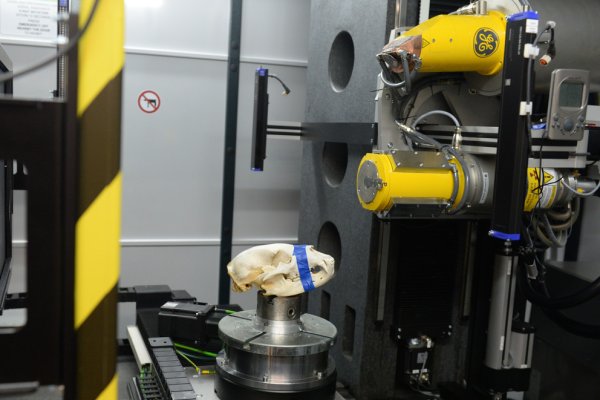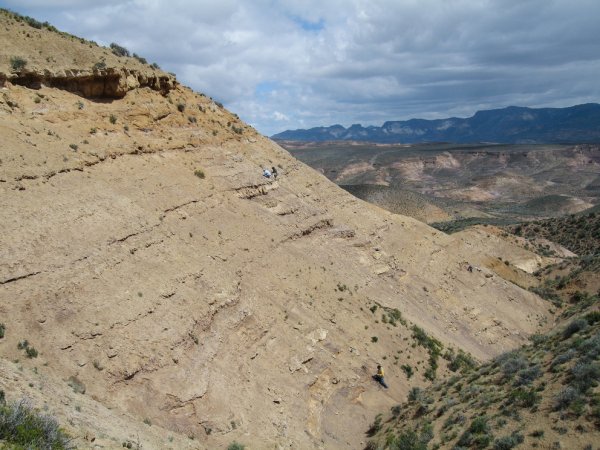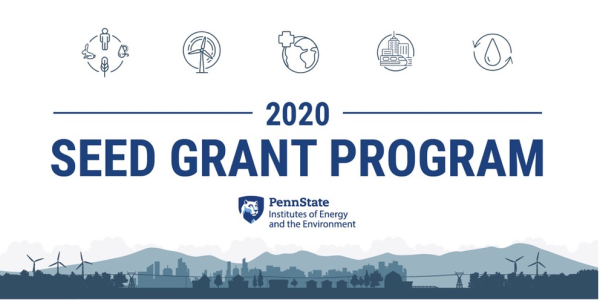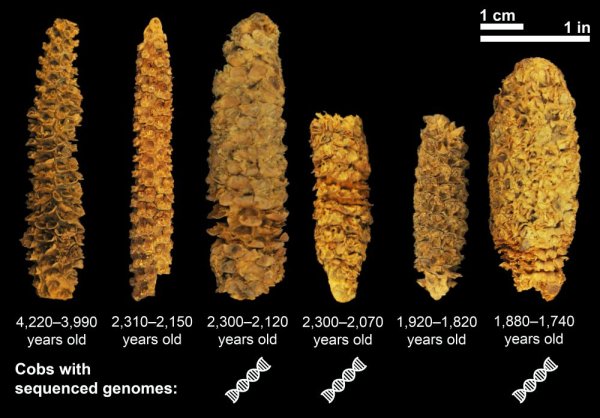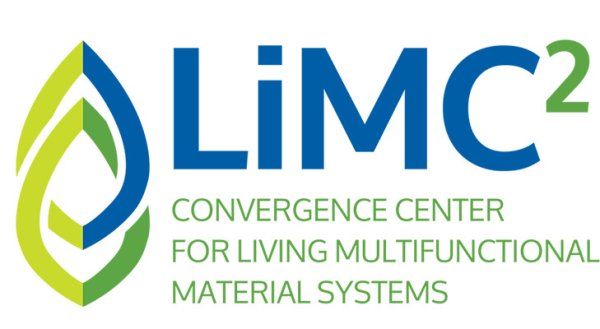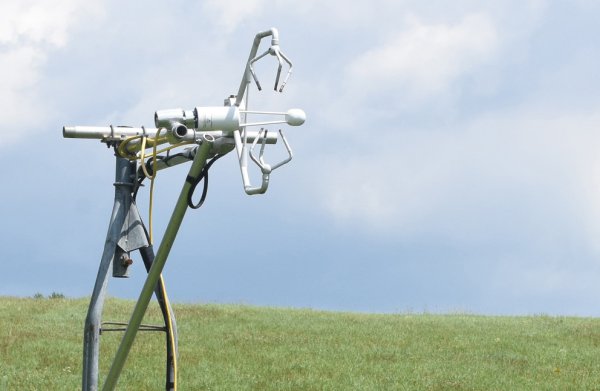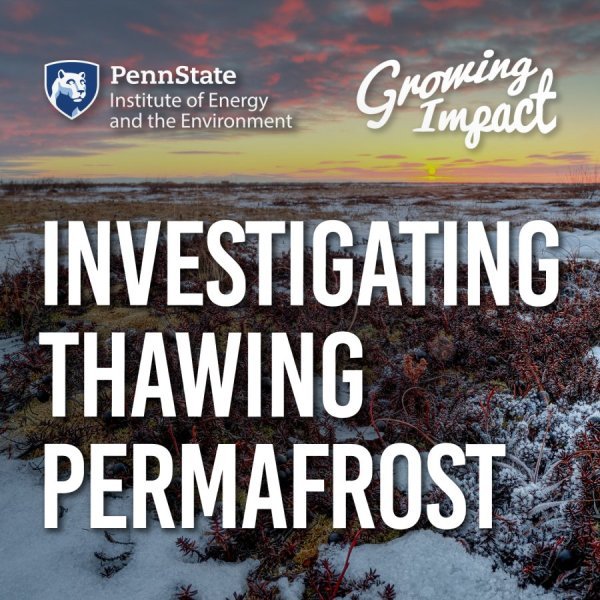NASA Pennsylvania Space Grant Consortium accepting undergraduate applications
| news.psu.edu
The NASA Pennsylvania Space Grant Consortium is accepting applications for the 2021-22 Undergraduate Scholarship Program. The statewide program awards a limited number of one-year scholarships to rising juniors and seniors who are enrolled full-time at an accredited Pennsylvania college or university. Online applications, including all supporting materials, are due by midnight on March 1.
EESI EarthTalks: Climate scientist Kerry Emanuel to discuss policy options
| news.psu.edu
Renowned meteorologist and climate scientist Kerry Emanuel, Cecil and Ida Green Professor of Atmospheric Science at MIT, will discuss policy options to slow global warming at 4 p.m. Monday, Jan. 25. The talk, which is free and open to the public, will be broadcast via Zoom.
Virtual seminar series examines cutting-edge climate research at Penn State
| news.psu.edu
The Earth System Science Center's spring 2021 Climate Dynamics seminar series will focus on the cutting-edge climate research being conducted in the Earth and Environmental Systems Institute and the Climate Science dual-title graduate program in the College of Earth and Mineral Sciences. The seminars, which are free and open to the public, take place on Wednesdays via Zoom.
Revamped webinar series to feature energy, environment topics, facilities
| news.psu.edu
The Energy and Environmental Sustainability Laboratories (EESL) announced an expanded webinar series starting on, Feb. 3, which will discuss diverse energy and environmental topics and the ways Penn State can support analytical needs through EESL and other facilities.
Leaf fossils show severe end-Cretaceous plant extinction in southern Argentina
| news.psu.edu
The asteroid impact 66 million years ago that ushered in a mass extinction and ended the dinosaurs also killed off many of the plants that they relied on for food. Fossil leaf assemblages from Patagonia, Argentina, suggest that vegetation in South America suffered great losses but rebounded quickly.
Penn State's industryXchange explores collaborations in artificial intelligence
| psu.edu
The Penn State College of Engineering hosted the fourth annual industryXchange on Dec. 7-8. The virtual event brought together members of industry, Penn State faculty and students, and government agencies to explore collaboration opportunities on this year’s focus, “Artificial Intelligence and Machine Learning.”
Seed grant call to bolster University energy, environmental research
| news.psu.edu
The Institutes of Energy and the Environment announced its 2020–21 Seed Grant Program, which fosters basic and applied interdisciplinary energy and environmental research that leverages faculty expertise across the University.
Kernels of history
| news.ucsb.edu
Genetic testing of ancient maize reveals South American varieties played major role in development of the grain.
'No Time for Silence' team honored for work on anti-racism initiative
| news.psu.edu
Penn State professor Jose D. Fuentes has received an American Geophysical Union 2020 Presidential Citation as part of the team that launched the anti-racism initiative "No Time for Silence."
Researchers encouraged to apply for 2021-22 Seed Grant Program
| news.psu.edu
ICDS is accepting applications for its 2021-22 seed grant program aimed at funding projects that can leverage artificial intelligence — AI — to advance transformative research, as well as use the technology to enhance the process of scientific discovery itself.
Webinar to discuss new living materials seed-grant program
| news.psu.edu
The Convergence Center for Living Multifunctional Material Systems will host an informational webinar in support of its inaugural Living Multifunctional Materials Collaborative Research Seed Grant Program. The webinar will be held 9–10:30 a.m. on Dec. 15.
Understanding agriculture’s impacts on 'the zone where rock meets life'
| news.psu.edu
Penn State researchers working at Cole Farm are studying the effects of agriculture on the critical zone, the porous boundary layer extending from bedrock to treetops where rock, water, soil, air and living organisms interact. Research at the farm is shedding light on critical zone processes, and how to manage boundary-layer resources in environmentally and economically sustainable ways.

